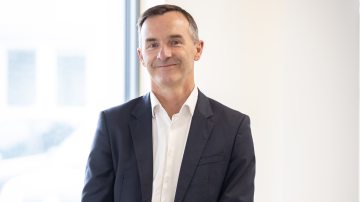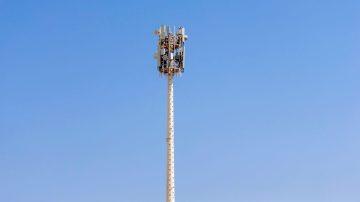The Guernsey Competition and Regulatory Authority (GCRA) is looking to ensure that the Island’s reliable access to emergency services in Guernsey continues, as plans are made to modernise the Island’s telecoms networks.
Currently, landline phone services in Guernsey are delivered to homes and premises by copper wires connected to, and powered by, local telephone exchanges. In the event of a power failure, these services will still work.
The world is moving towards a different type of phone network, using fibre optic cables to carry both voice and data. These rely on power drawn from the premises, so if there is a power-cut the landline cannot be used and the user would need to rely on other means to make a call (for example a special battery back-up unit to power the landline or a separate mobile phone).
A trial is already underway in Guernsey and the GCRA believes its consultation is timely. It wants to understand what effect such a change might have, and what measures may need to be introduced to mitigate any negative impact, particularly regarding those who are most vulnerable in society because they rely solely on their landlines or are more likely to need emergency assistance.
Any change to telecommunications services or to the quality or availability of telecommunication services in Guernsey need to be approved by the GCRA given, among other considerations, its role to protect consumers.

The consultation will consider, among other issues: identifying which users might be entitled to special solutions to be able to make emergency calls, the type of solutions that are most appropriate for Guernsey to ensure emergency calls can continue to be made during power outages; and providing those who don’t qualify for special solutions with an affordable option to pay for the installation of a battery back-up solution for their landline if they do not wish to rely only on their mobile phones for emergency calls.
Michael Byrne, CEO of the GCRA said: “Transition from copper to fibre telecoms networks won’t be unique to Guernsey: it is happening all over the world and we can draw from experience in those jurisdictions, so a number of solutions already exist and have been tested. But we are keen to create a solution which best fits the Guernsey context that strikes a proportionate balance between cost, progress and the protection of life and health.
“We want to make sure we have taken into account all views that can better inform us about this area, and we would especially benefit from the knowledge of those who have close experience of the circumstances of vulnerable people, so that we can work with the licensed operators to develop a new approach that continues to deliver a robust system of access to emergency services as we adapt to technology changes.”
Further details about the consultation can be found here.















